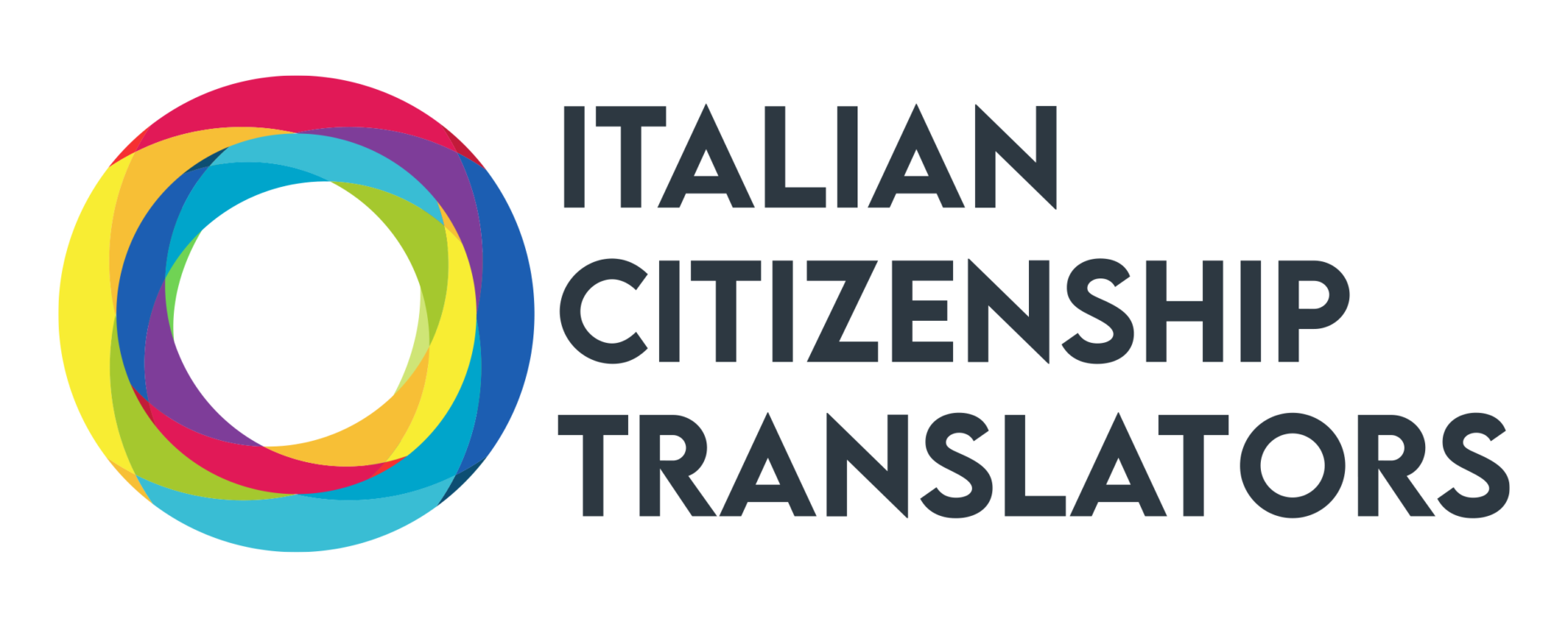
The Digital Nomad Visa: A New Path to Italy
As of February 29, 2024, Italy has entered into effect the digital nomad visa, designed to allow those who work remotely to stay in the country for longer than the usual 90-day period for non-EU citizens. (EU citizens, on the other hand, do not need any visa). In the below article, we’ve outlined everything you need to know about this visa, as well as which documents you’ll need to acquire for your application.
Who is a digital nomad?
In reality, the visa specifies between two categories: freelancers (“digital nomads”) and employees of a company who work remotely (“remote workers”). Regardless, in order to qualify for this visa, such a worker needs to be “highly skilled.” This usually means having a certain amount of education, time spent working in the field, and potentially a relevant certificate or license. Many Italian consulates now have further information on their websites regarding this visa with a list of qualifying professions. Check your local consulate’s website to confirm.
How to know if you’re eligible
Along with meeting the standards for a “qualifying profession,” discussed above, there are a few other qualifications you will need to meet and submit proof of for your application. One of these is proof of accommodation. This can be in the form of a lease contract or proof of ownership of an Italian property. Since the visa is valid for a year, keep in mind that a housing contract should cover at least a year.
You will also need to display proof of medical coverage that covers the extent of your stay. The coverage must be at least €30,000.
Furthermore, the minimum annual income required for this visa is about €25,000. More specifically, the income must be at least three times the amount necessary to be exempt from Italian healthcare taxes. This income must come from the work you are using to apply for the visa; passive income will not be considered.
Required documents and translations
After determining eligibility, you will then need to collect all documentation for the application. This includes documentation related to the above, along with the following:
- Passport valid for at least 15 months past your planned arrival date
- Proof of residence in the consular jurisdiction (e.g. a utility bill or photocopy of your driver’s license or state ID)
- Visa application filled out and signed with a recent passport-sized photograph attached
- Proof of your profession (your consulate will have specific requirements, but this generally includes a contract, letter from your employer, and any relevant degrees or certificates)
- Proof that you have worked in this field for at least 6 months
- Visa application fee (this changes every 3 months, so check your consulate’s website)
- A Declaration for Mailing Passports form, filled out, along with a self-addressed and stamped envelope
Always check your local consulate’s regulations for the most up-to-date requirements.
It will most likely not be necessary to have any of these documents translated into Italian, as consulate personnel must speak both Italian and the language of the country where the consulate is located. If you present any documents that are not in either of these languages, then you might need a professional and certified translation.
However, depending on which profession you have, you might need to submit notarized and Apostilled copies of certain documents like degree certificates. Again, check your consulate for their specific requirements.
How to submit your application
In order to schedule an appointment, you will need to create an account through the online portal, Prenot@mi. It is recommended to make the appointment well in advance, as sometimes there can be lengthy waiting periods.
On the day of your appointment, you will go to the consulate with all your documentation to present to the consular officer. It is at their discretion if they require further documentation.
After you arrive in Italy
Upon arrival in Italy, you will need to go to your local Questura within 8 business days to apply for a permesso di soggiorno (permit of stay). This will be valid for the duration of your visa (1 year). Beyond this point, you can renew the permesso directly in Italy without returning to your home country to apply for a new visa. This is only possible, however, if the conditions with which you obtained your initial visa are still met (secure housing, employment, and health insurance, for example). Rules depending on how to make an appointment and the specific documents to provide can change depending on the Questura, so always check with your local one.
Will I need to translate any documents?
As mentioned above, in the case of submitting to a consulate, translations most likely won’t be necessary. Even for the Questura, you can submit some documents in English, namely, documents that were issued outside of Italy. It is important that Italy-issued documents, such as those related to housing, remain in the original Italian, even if you request a translation for your own records.
If you do not speak Italian, it would be wise to bring an interpreter with you to the Questura and/or other places where Italian is used in an official capacity and it is not certain the person you are working with will speak English.
Conclusion
The digital nomad visa is an exciting new option for remote workers—both freelance and part of a company—to come to Italy to work and live. If you find that you need assistance with translating any documents, or require an interpreter, don’t hesitate to contact us at info@italiancitizenshiptranslators.com.
